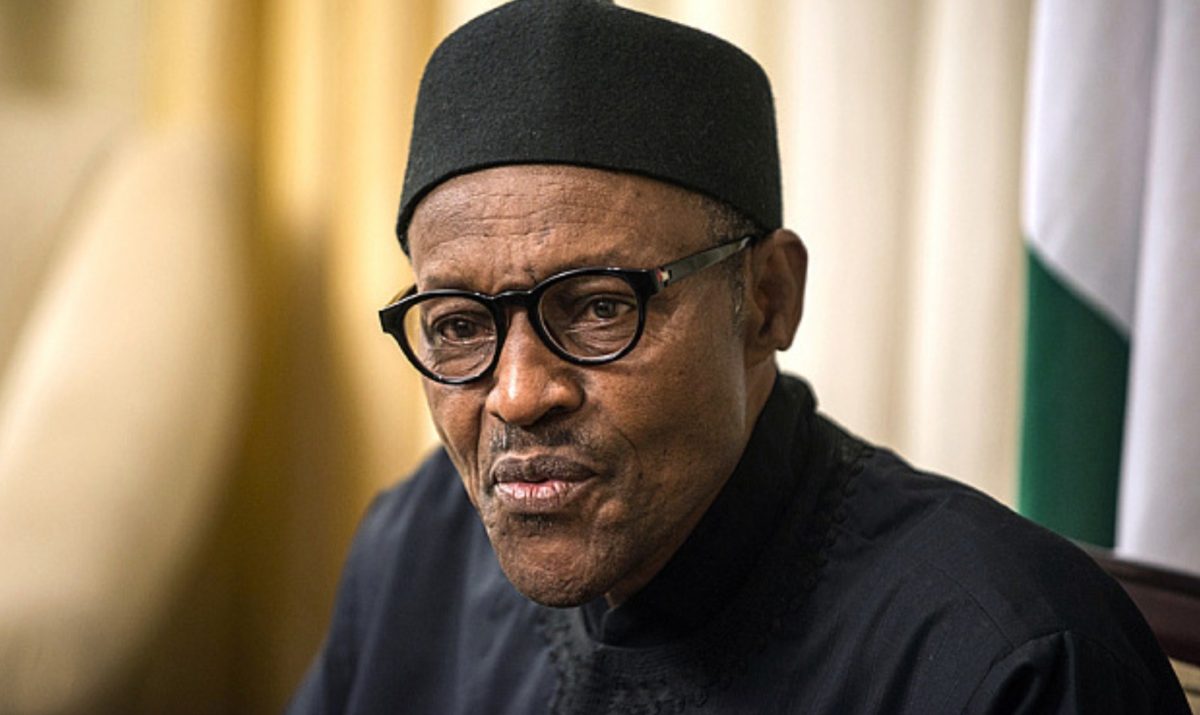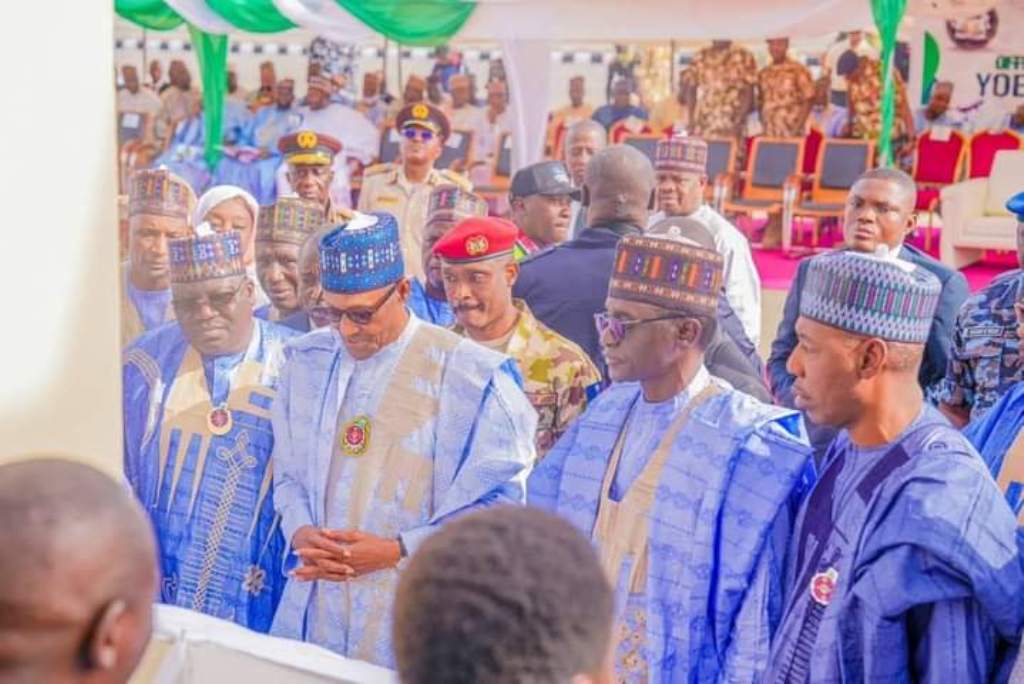Former President Muhammadu Buhari has declared that Nigeria’s economy and security improved significantly during his administration from 2015 to 2023. Speaking at his Daura residence in Katsina State on February 6, 2025, Buhari emphasized the progress made compared to the nation’s state in 2015.
However, recent economic indicators present a complex picture. As of December 2024, Nigeria’s inflation rate surged to 34.8%, a substantial increase from 9.6% in December 2015. This rise in inflation has led to higher costs of living, affecting many Nigerians.
In response to these challenges, the current administration under President Bola Tinubu has proposed tax reforms aimed at curbing inflation. The plan includes nearly doubling the value-added tax (VAT) to 12.5% by 2026 while exempting essential items like food and medicine. According to presidential adviser Taiwo Oyedele, this approach is designed to lower costs for most households, as essentials account for 82% of household spending.
Despite these efforts, critiques persist. Some analysts argue that increasing VAT could stifle consumption and exacerbate economic hardships, particularly for lower-income households. Additionally, regional disparities in VAT revenue allocation have raised concerns among state governors, highlighting the need for a balanced approach to fiscal policy.







2 Comments